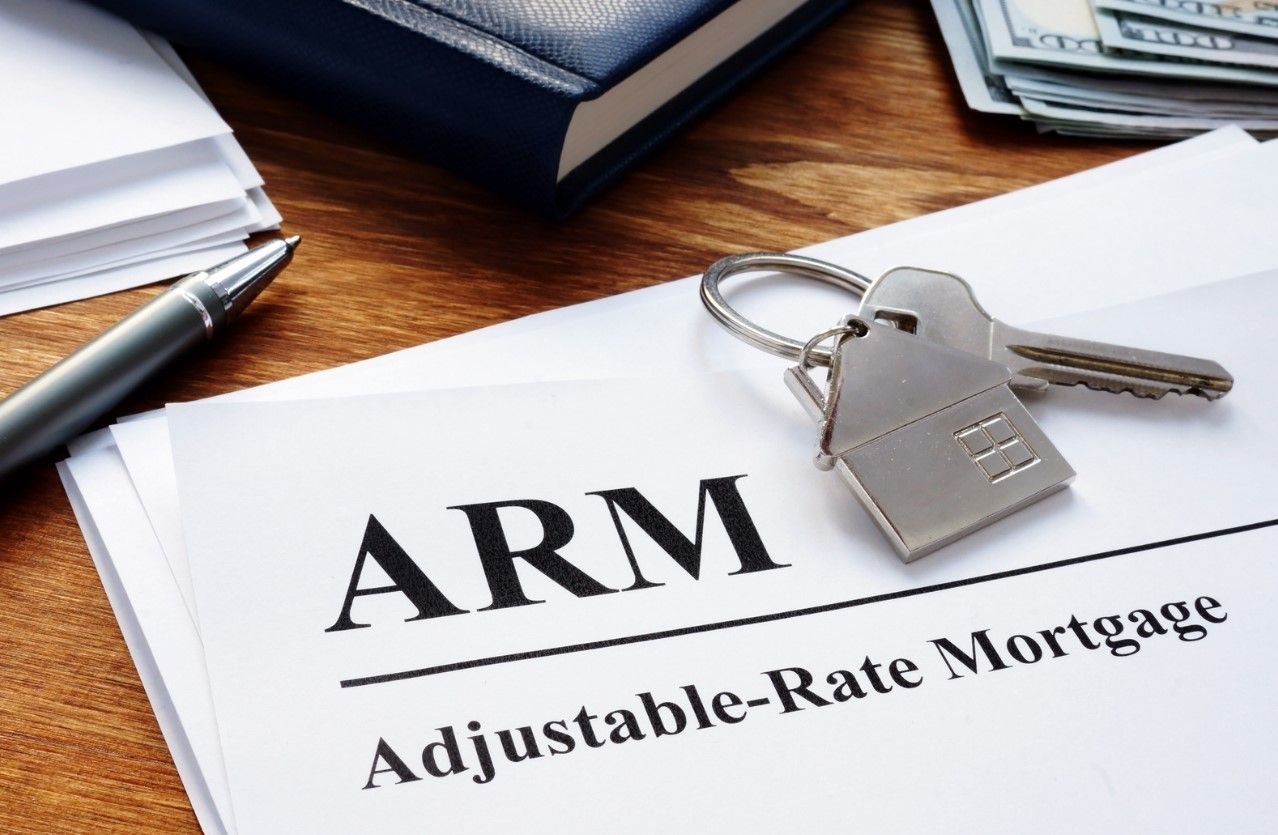In our previous post, we discussed the basics of fixed-rate mortgages, which offer stability and predictability. In this second installment of our three-part series on mortgage loans, we will delve into adjustable-rate mortgages (ARMs). ARMs provide homeowners with flexibility and unique advantages that make them a popular choice for certain borrowers.
Definition and Features
An adjustable-rate mortgage is a loan where the interest rate can change periodically over the life of the loan. Unlike fixed-rate mortgages, ARMs typically have an initial fixed-rate period, followed by adjustable rates that fluctuate based on market conditions.
Attributes of Adjustable-Rate Mortgages
Lower Initial Rates: ARMs often start with lower interest rates compared to fixed-rate mortgages, resulting in lower initial monthly payments.
Flexibility: Adjustable-rate mortgages offer flexibility, allowing borrowers to take advantage of falling interest rates in the future.
Rate Adjustments: The interest rate on an ARM can increase or decrease over time, leading to fluctuating monthly payments. Borrowers should carefully consider their financial situation and risk tolerance.
Uncertainty: ARMs introduce uncertainty into homeownership since future interest rate changes can impact monthly payments.
Loan Application Process
The process for applying for an adjustable-rate mortgage is similar to that of a fixed-rate mortgage. Preparing your documents and obtaining pre-approval are crucial steps to get started.
Adjustable Rate Loan Terms
- Initial Fixed-Rate Period: ARMs typically have an initial fixed-rate period, during which the interest rate remains constant. This period can vary, often lasting from 3 to 10 years.
- Adjustment Period: After the initial fixed-rate period, the interest rate adjusts periodically, usually annually or every few years. The adjustment is based on a specific index, such as the U.S. Treasury rate or the London Interbank Offered Rate (LIBOR), plus a margin determined by the lender.
- Rate Caps: ARMs have rate caps that limit how much the interest rate can increase or decrease during each adjustment period or over the life of the loan.
Pros and Cons of Adjustable-Rate Mortgages
Pro - Lower Initial Payments: ARMs often offer lower initial monthly payments, making them attractive for borrowers with limited initial funds.
Pro - Flexibility: Adjustable-rate mortgages allow borrowers to take advantage of falling interest rates, potentially reducing their monthly payments.
Con - Rate Uncertainty: Future interest rate fluctuations can lead to unpredictable changes in monthly payments, making budgeting more challenging.
Con - Potential Payment Increases: If interest rates rise significantly, the monthly payment on an ARM can increase, potentially causing financial strain.
Adjustable-rate mortgages can be an excellent option for borrowers seeking lower initial payments and the flexibility to take advantage of falling interest rates. However, they come with the risk of rate adjustments and uncertainties. It's crucial for borrowers to evaluate their financial situation, long-term plans, and risk tolerance before considering an adjustable-rate mortgage. In our next post, we will explore the third common type of mortgage loan in the United States: government-insured loans.





